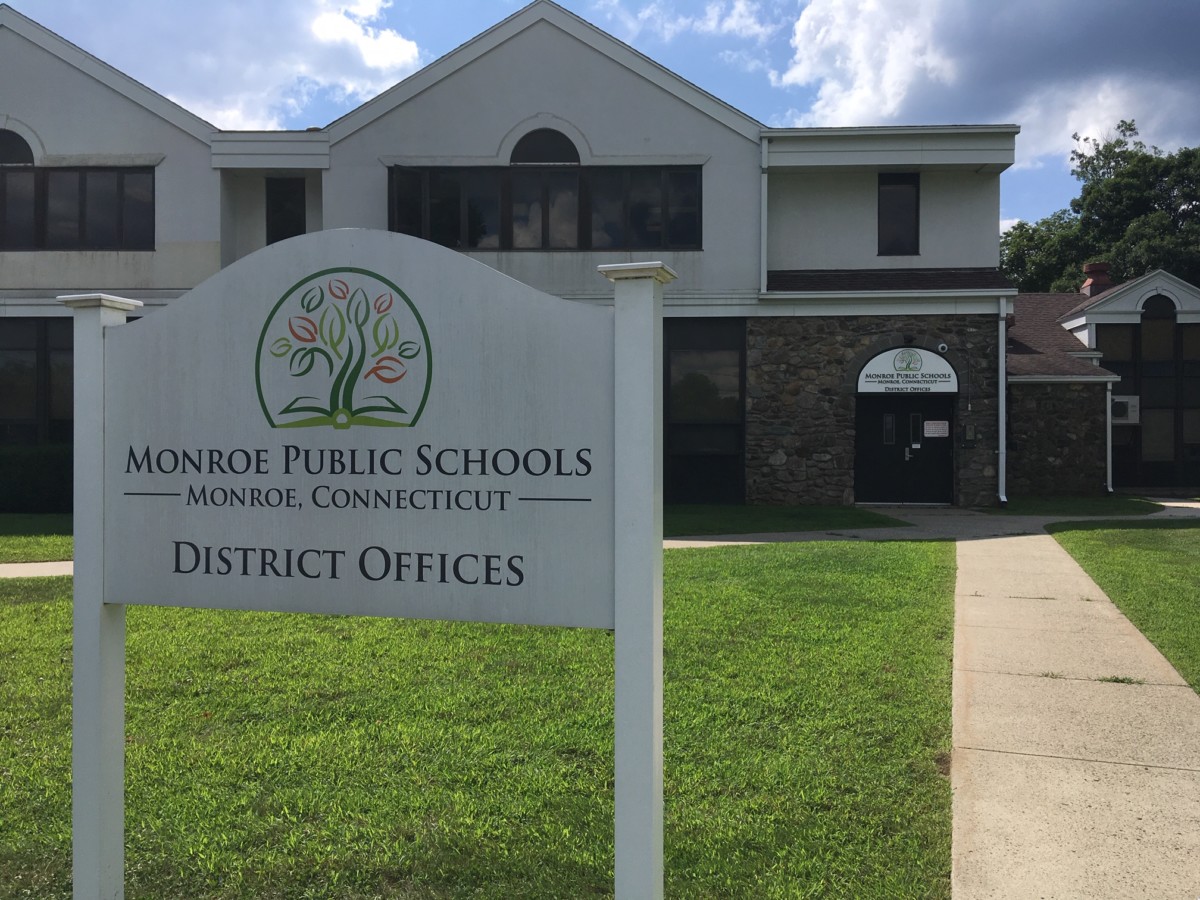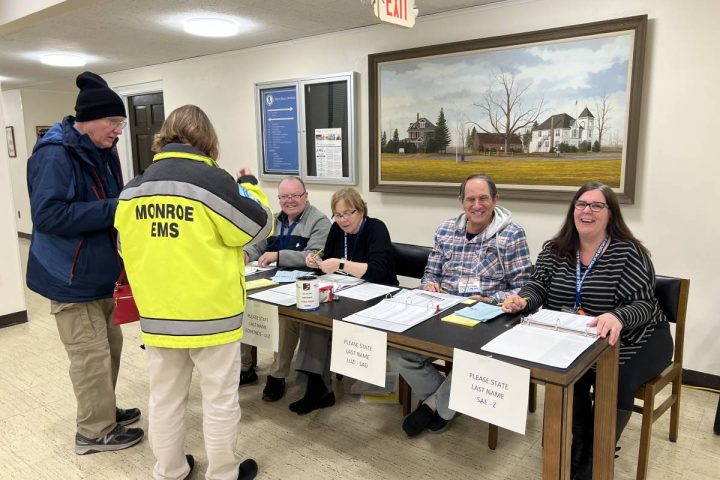MONROE, CT — Board of Education Chairwoman Donna Lane answered questions from the Board of Finance Thursday, about her board’s investigation into former superintendent of schools Jack Zamary’s oversight of the budget.
Lane confirmed that she has no knowledge of criminal behavior, nor of any missing or misappropriated funds. She said Zamary identified budgetary issues, which the board determined he was not responsible for.
“Special education and medical costs are really the drivers that contributed to these issues,” Lane said.
The Board of Education had been grappling with cost overruns for medical insurance and special education for well over a year. At one point, the projected shortfall for special education rose to $300,000 and Board of Education members became frustrated over how the expenses were being tracked.
Zamary, who had been on administrative leave since January, recently agreed to a settlement with the school district. Because of the negotiations for the settlement, Lane said the board’s investigator, Attorney David Ryan, did not finish a draft of his findings.
“There actually is no report,” Lane explained.
Steve Kirsch, a finance board member, asked how much the investigation cost.
“The cost of the investigation is approximately $50,000,” Lane said.
Ronald Bunovsky Jr., the finance director for the school district, said the board paid about $67,000 to Ryan in August for all of his time through June. But Lane said some of that money was related to the settlement.
Tracking special education costs
Michael Manjos, chairman of the Board of Finance, asked Lane if a more accurate system is now in place to track special education costs on a monthly basis.
Lane said there was a short time when the district had special education issues that were unknown to the school board. When board members learned about the problem, she said they asked for monthly updates at their meetings to track any changes in costs.
But Lane said the numbers they were getting did not match, and were not in balance with, other financials because the district’s finance and special education offices were working independently of each other, so not everything was included together in the accounting.
Since Joseph Kobza became acting superintendent in the winter, Lane said Bunovsky has been working closely with Director of Student Support Services Darleen Fensore, so the school district can properly track special education costs.
“She does not spend a penny without Ron knowing,” Lane said of Fensore, “so that’s how closely they work together. Both of them know to the penny how much is being expended — and all of that information.”
Now, Lane said the Board of Education receives tracking sheets with all special education costs included, so everything is in one place.
A number of factors outside of a school district’s control can lead to increases in special education costs, from government mandates and cuts in financial reimbursement, to growth in enrollment in special education programs during the year.
On Thursday, Kobza told the Board of Finance about a recent development that will impact Monroe’s special education budget, a federal mandate that will allow students to receive special education services through their 22nd birthday, rather than up to age 21.
The Monroe Sun welcomes comments, but will not approve comments where users do not identify themselves by their first and last name and provide a valid email address, should there be any questions. Comments can be pointed, but should also be respectful, while avoiding personal attacks.









The superintendent identified fiscal irregularities, and the school board suspended him, tried to blame him, were forced to settle with him, then used the settlement terms as an excuse to avoid giving the public an accounting of the findings. This needs to be investigated more deeply, and the school board held accountable for suspending the whistle-blower.